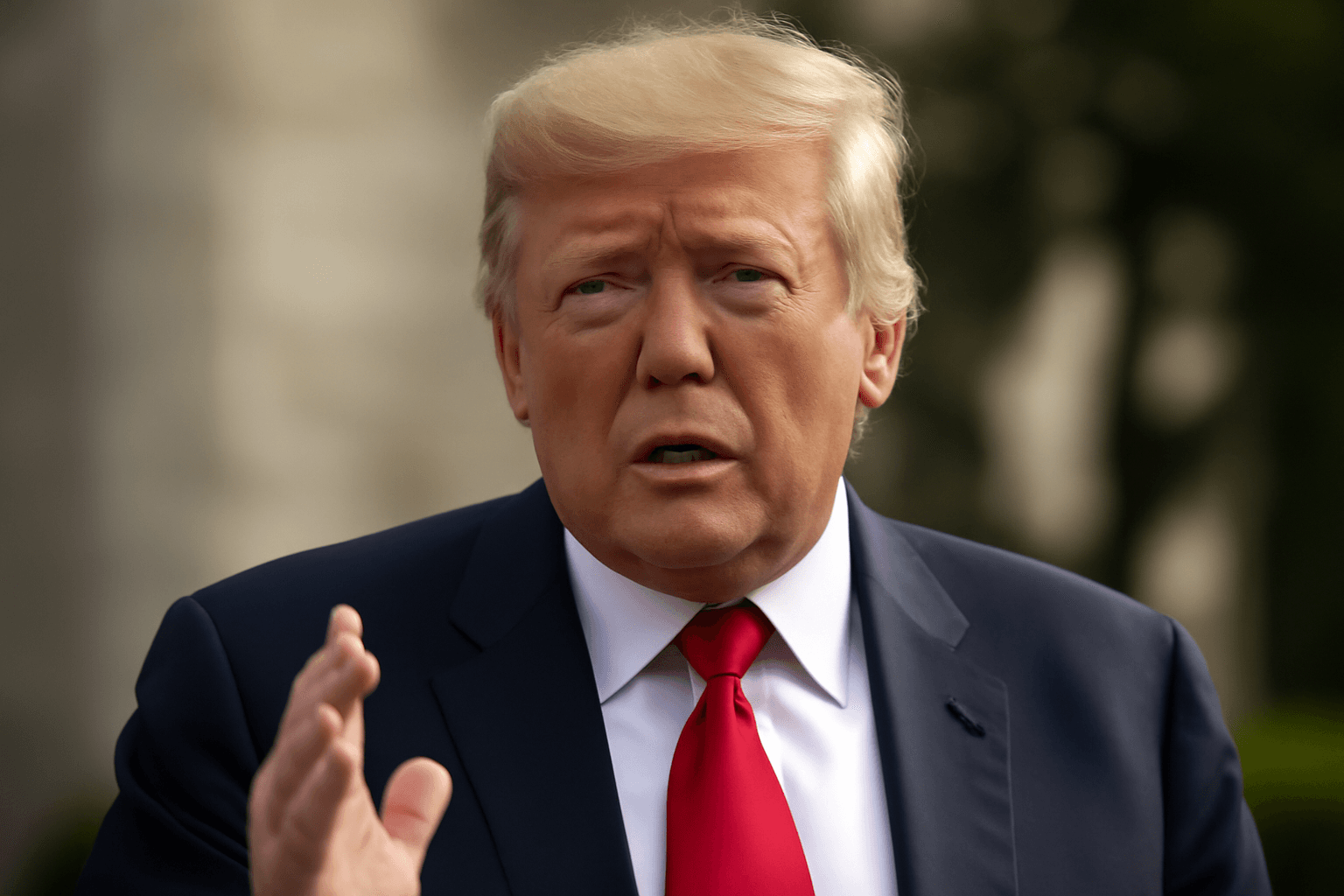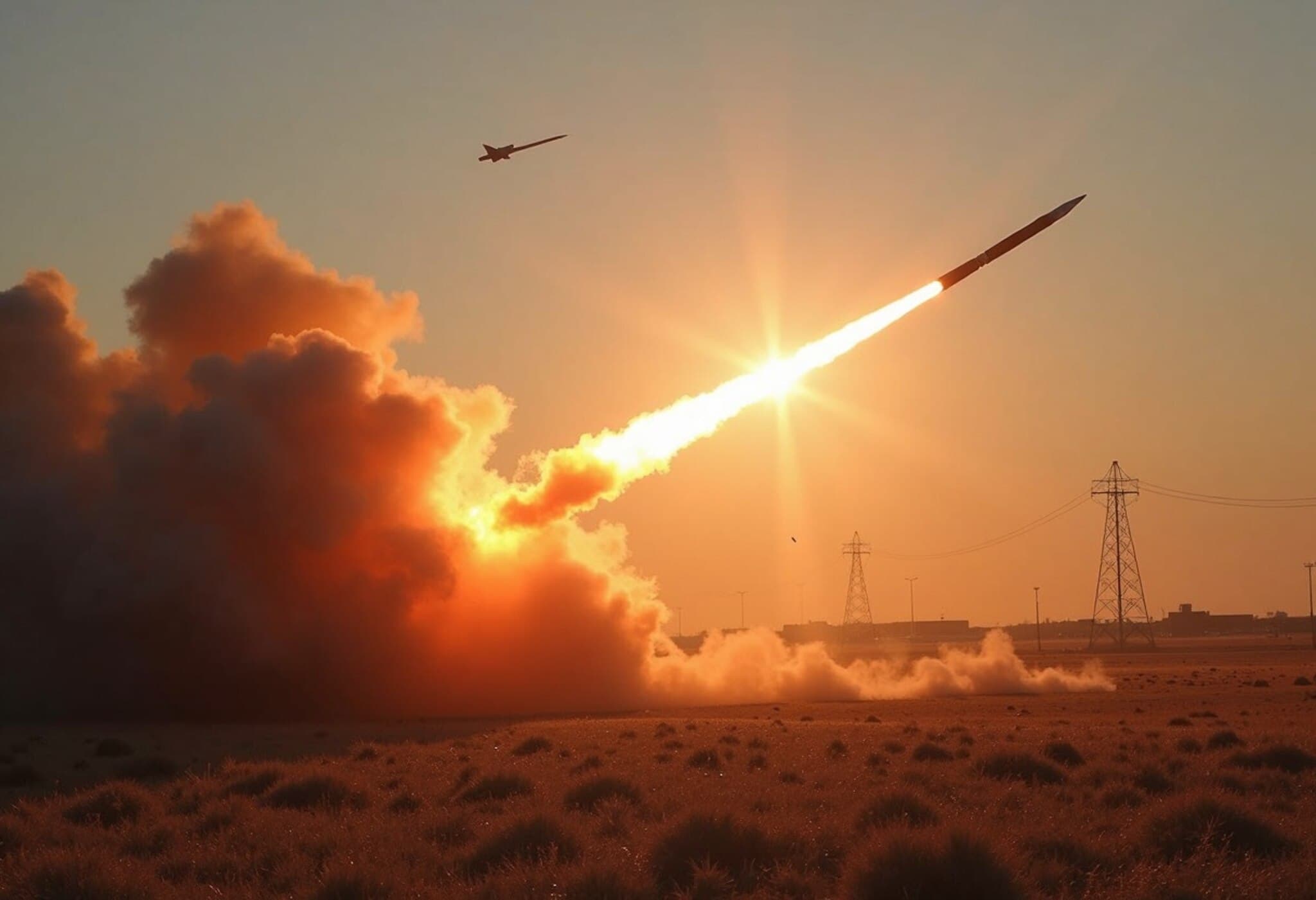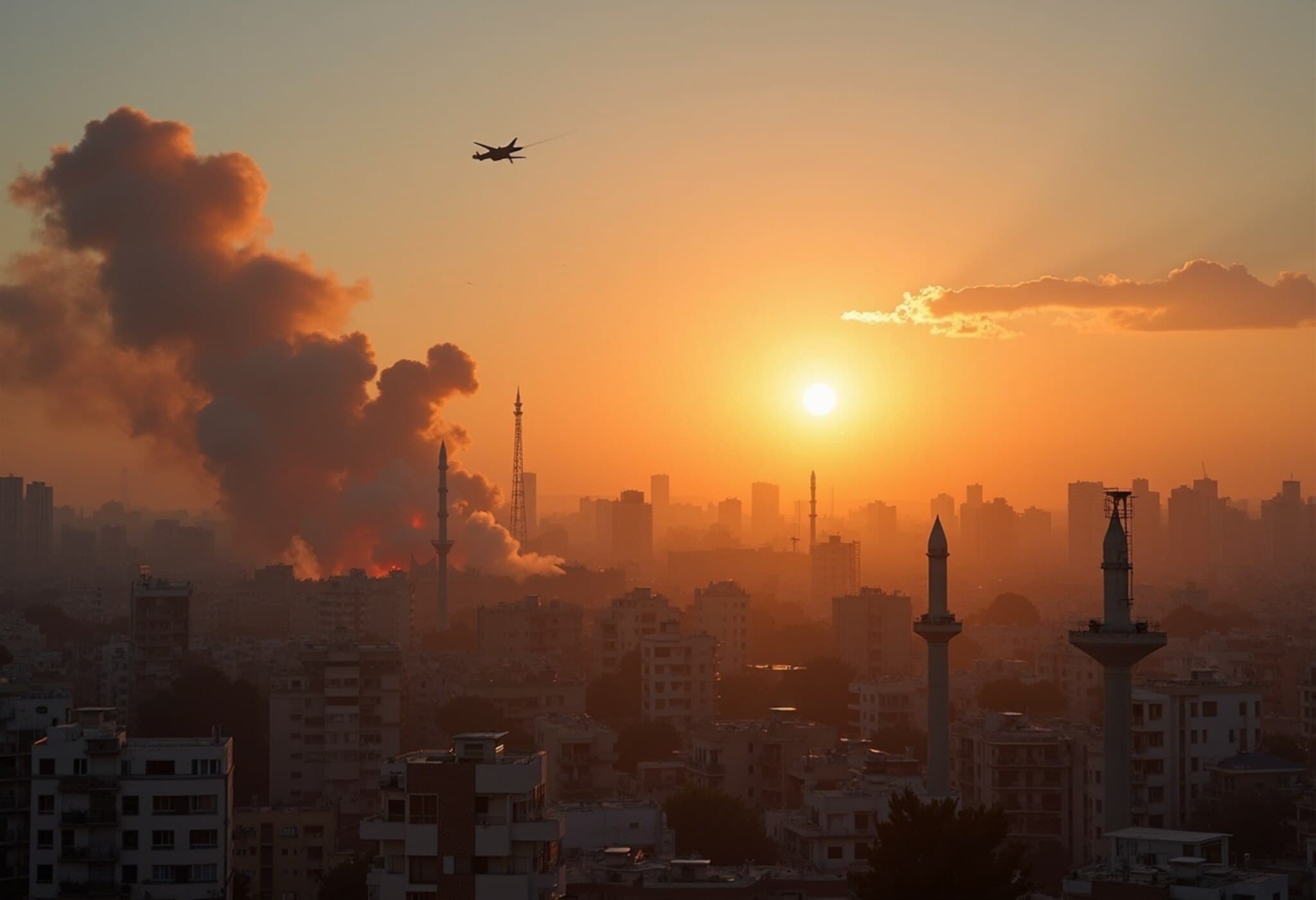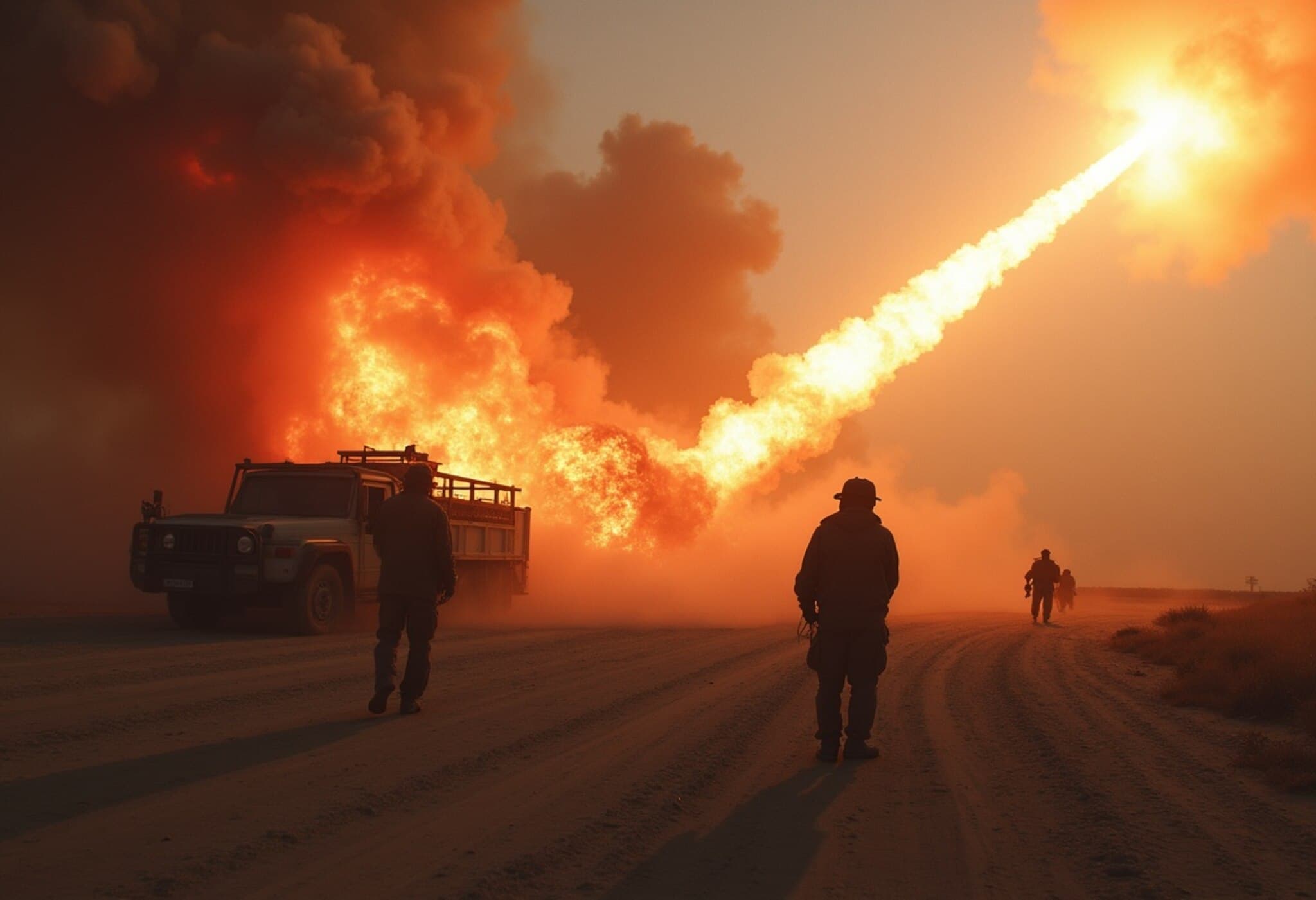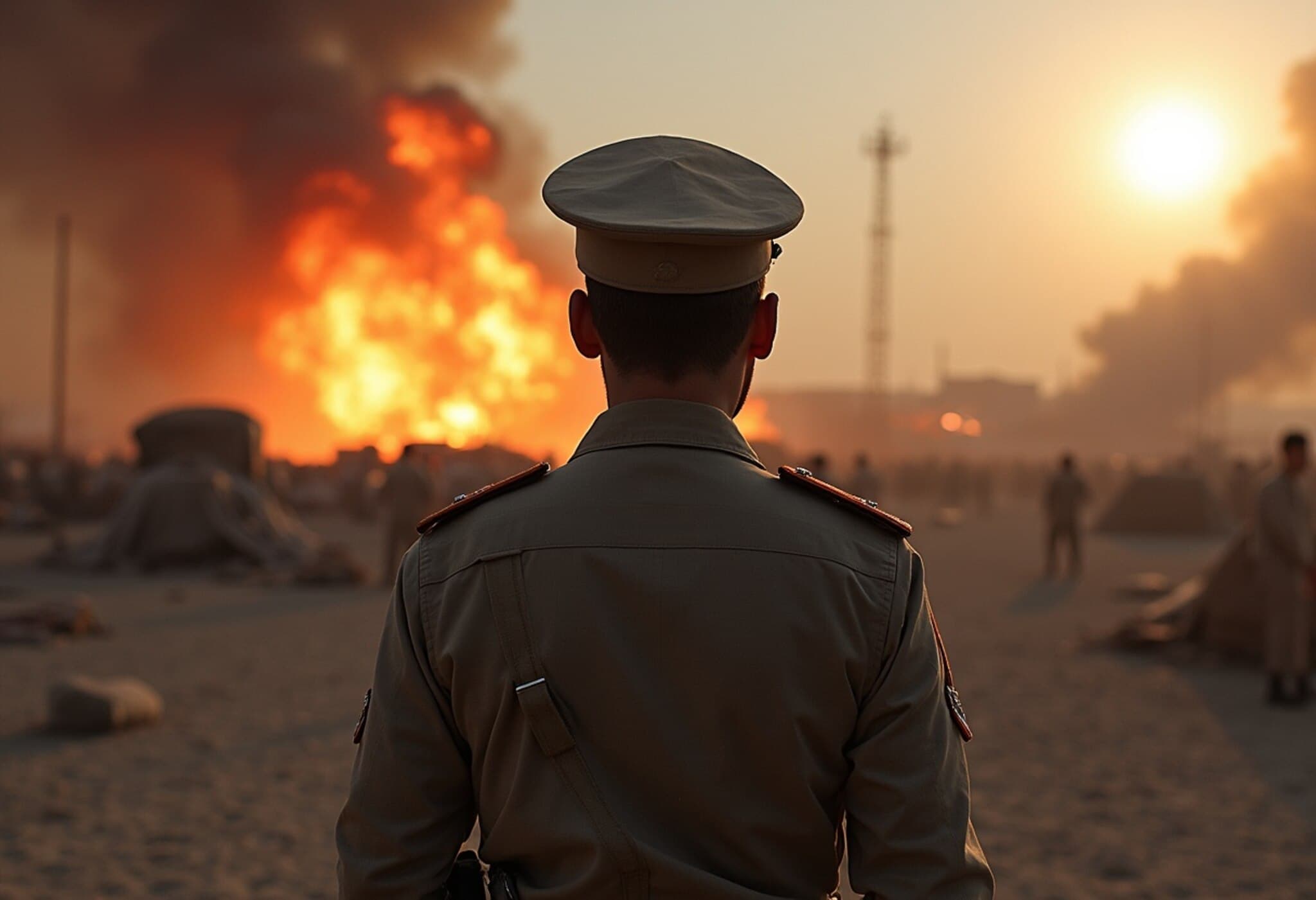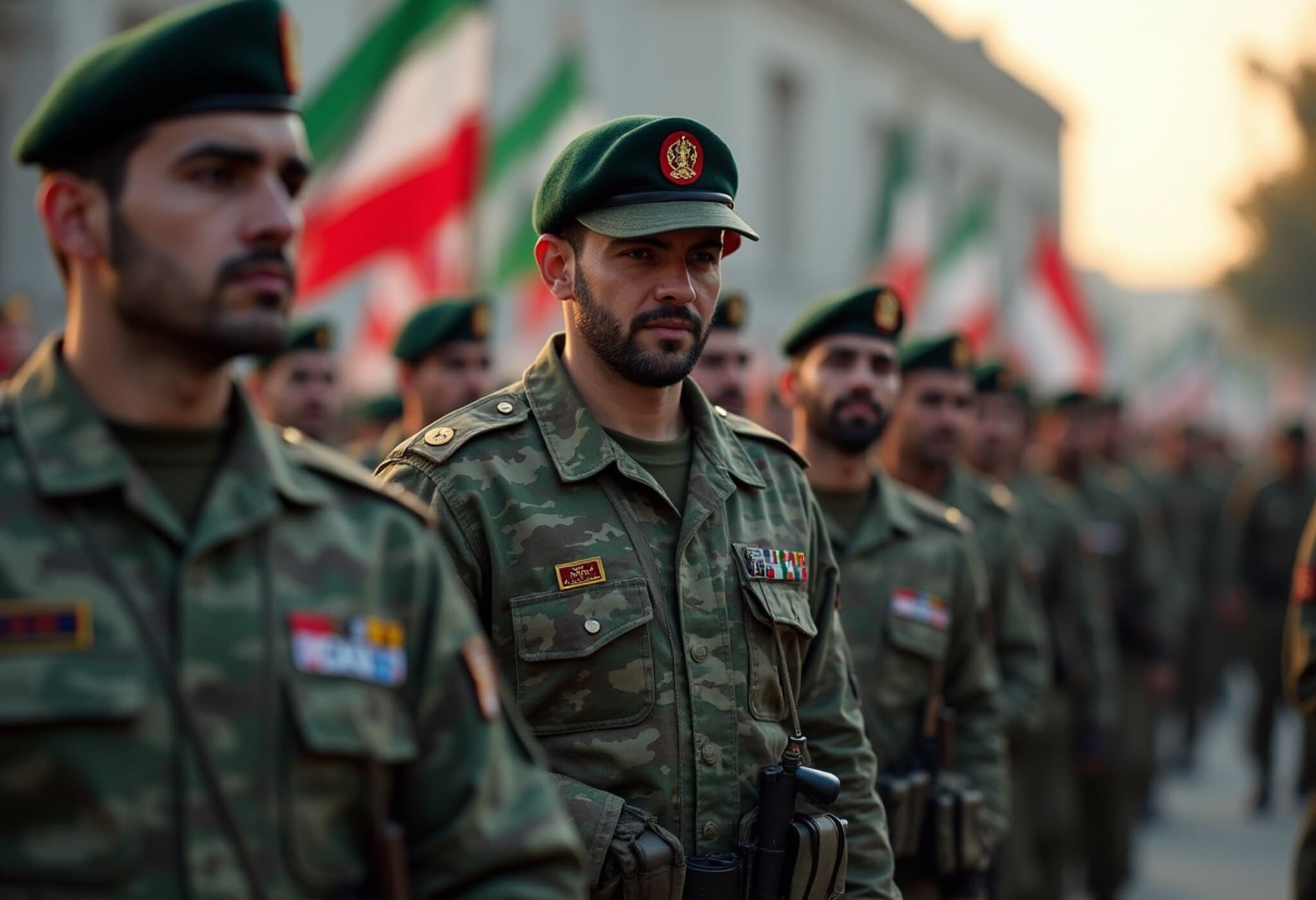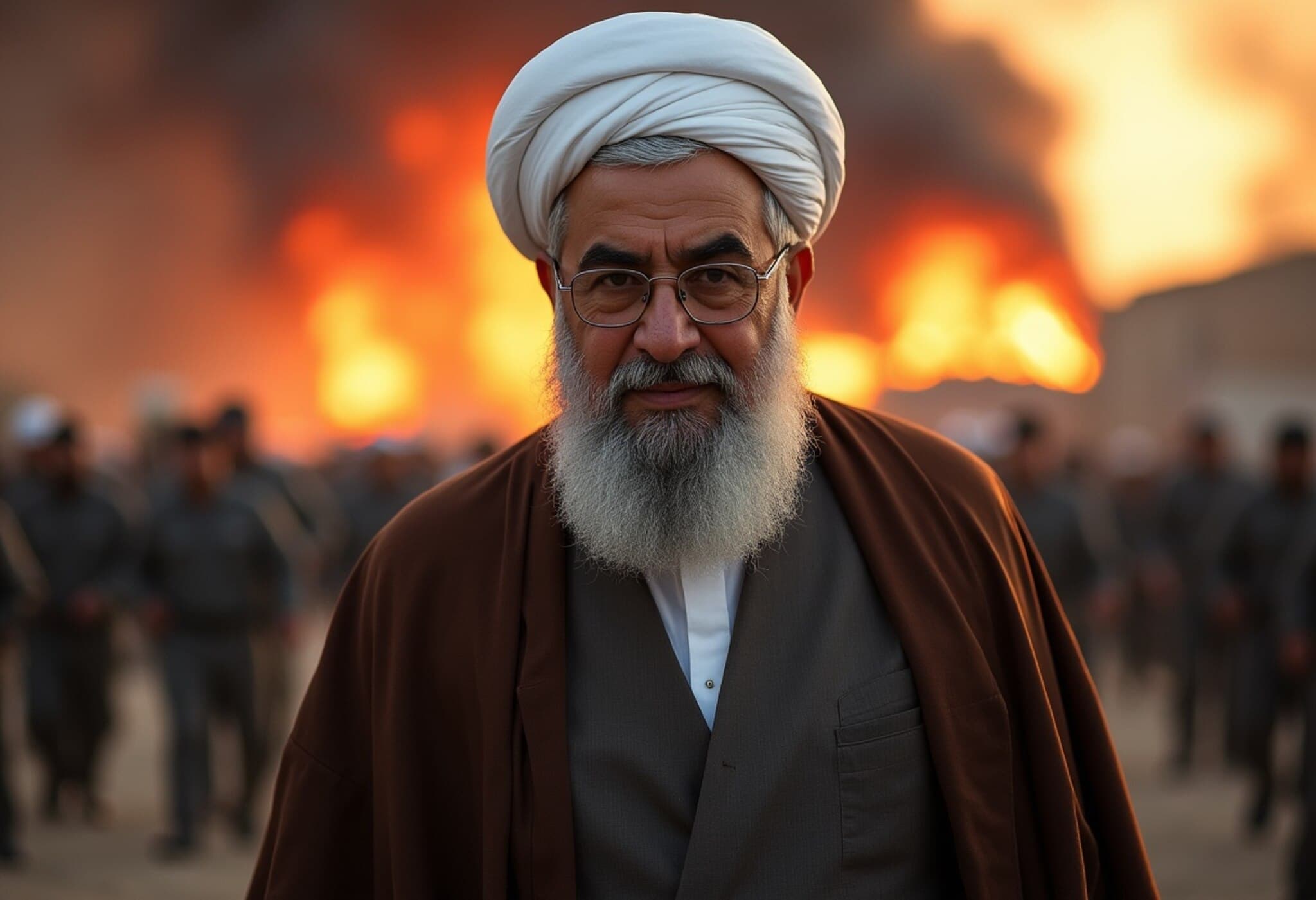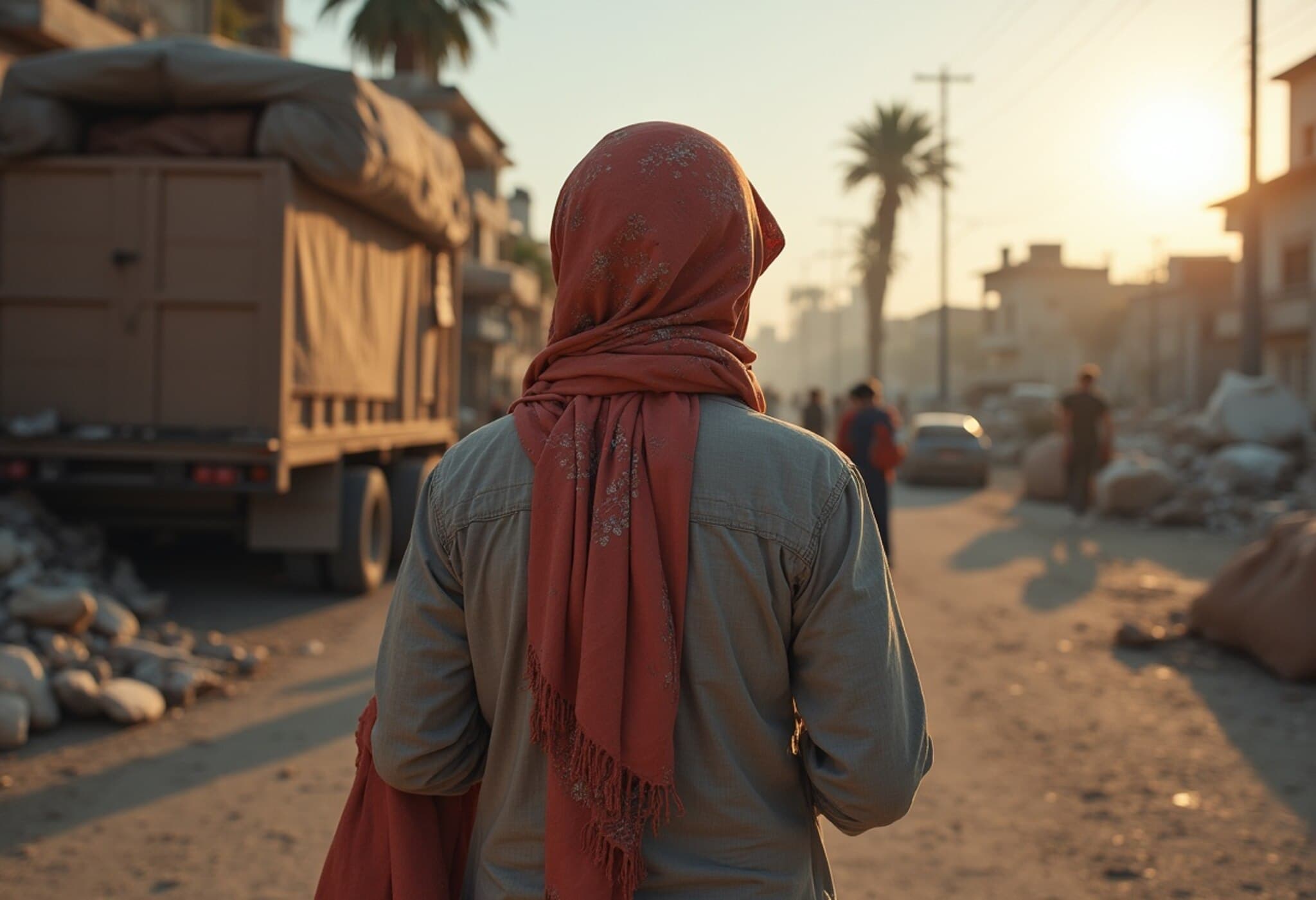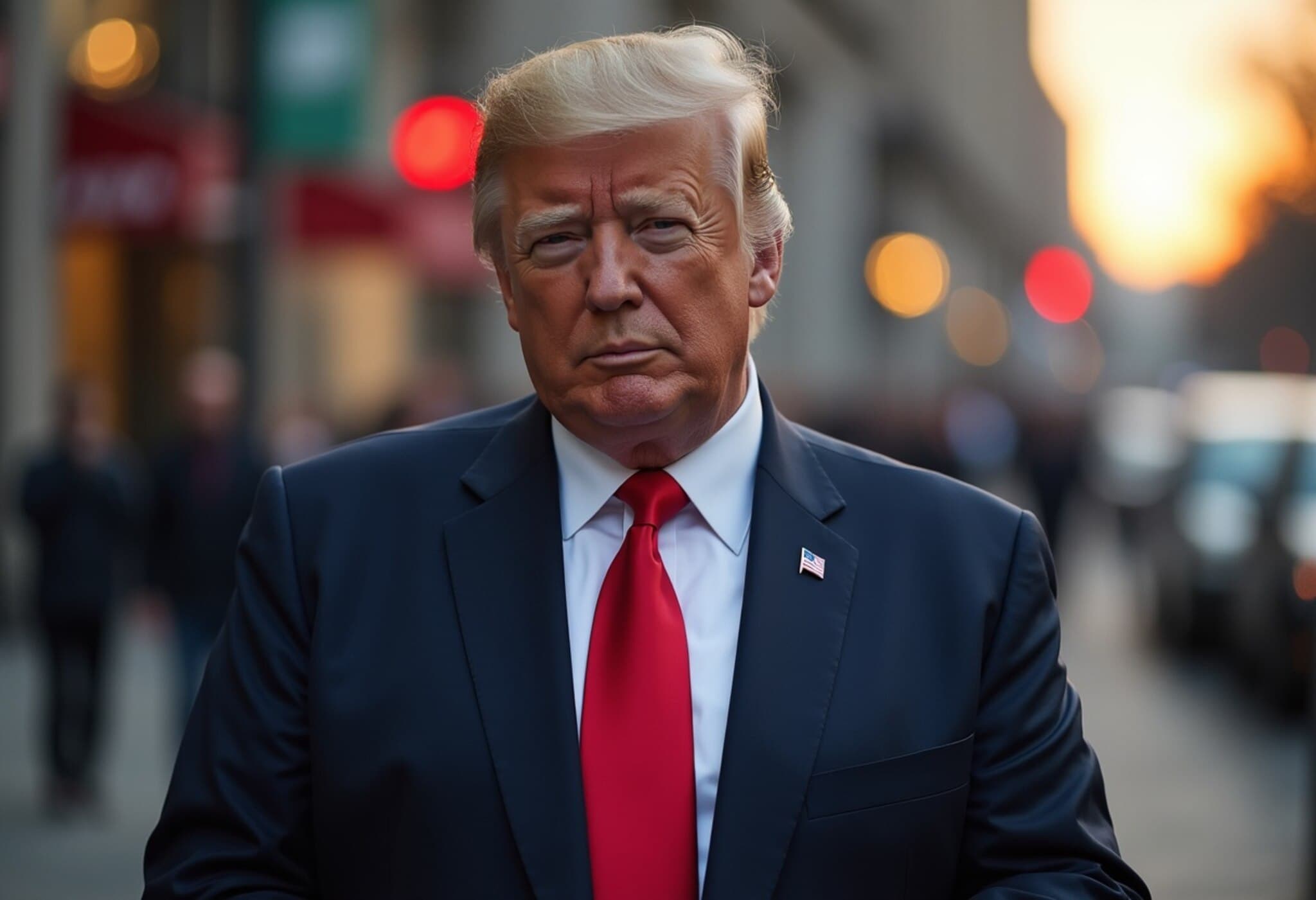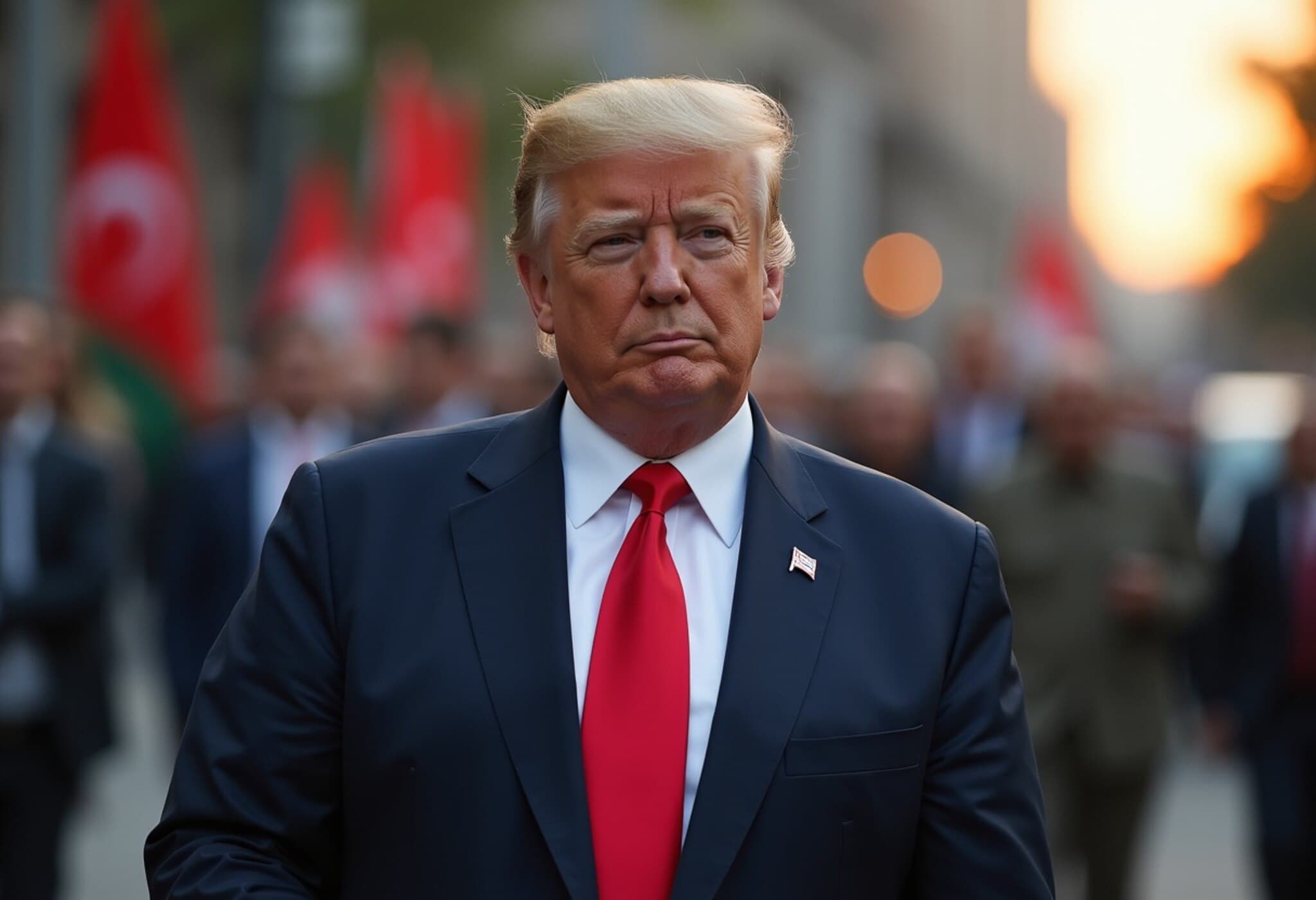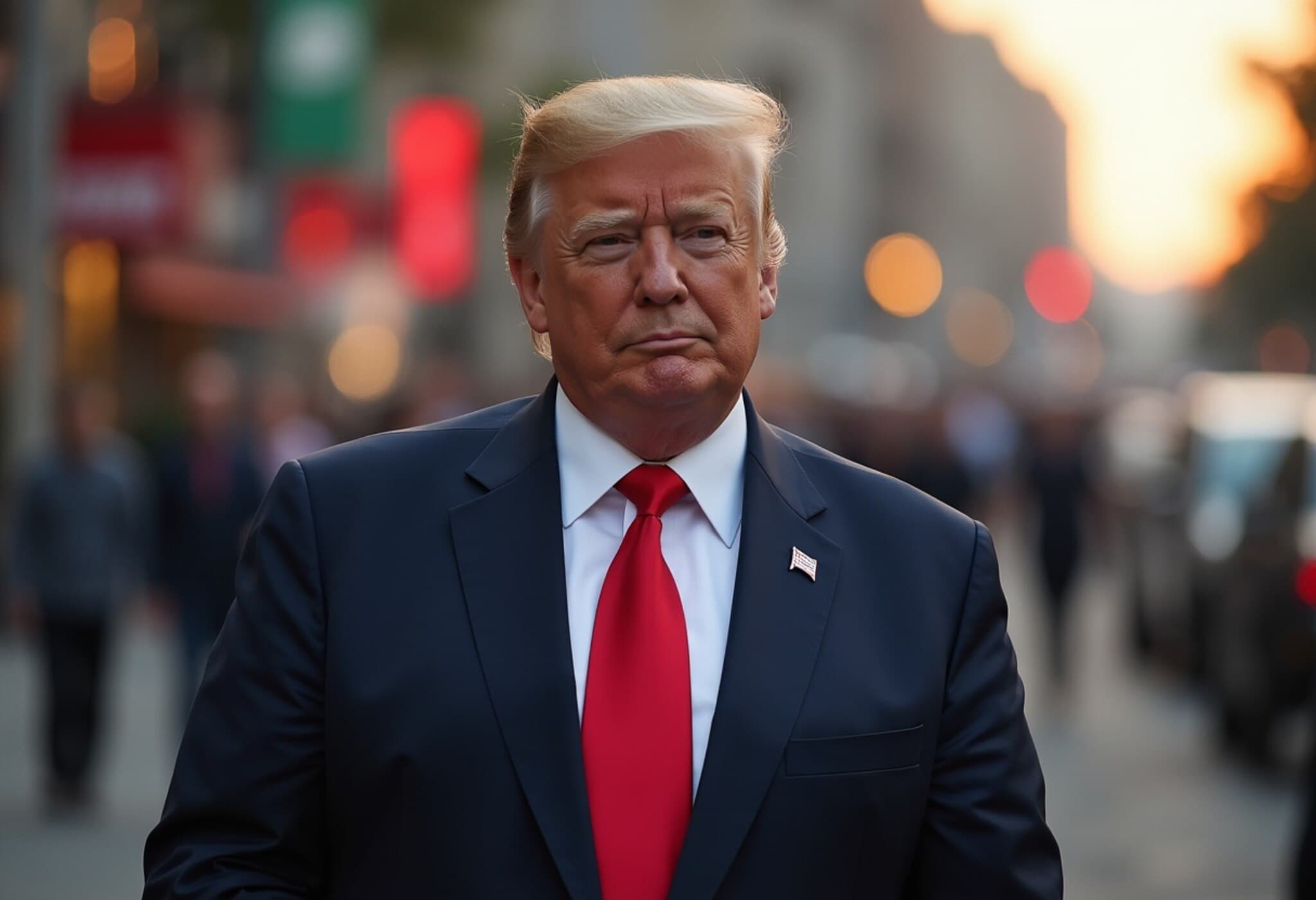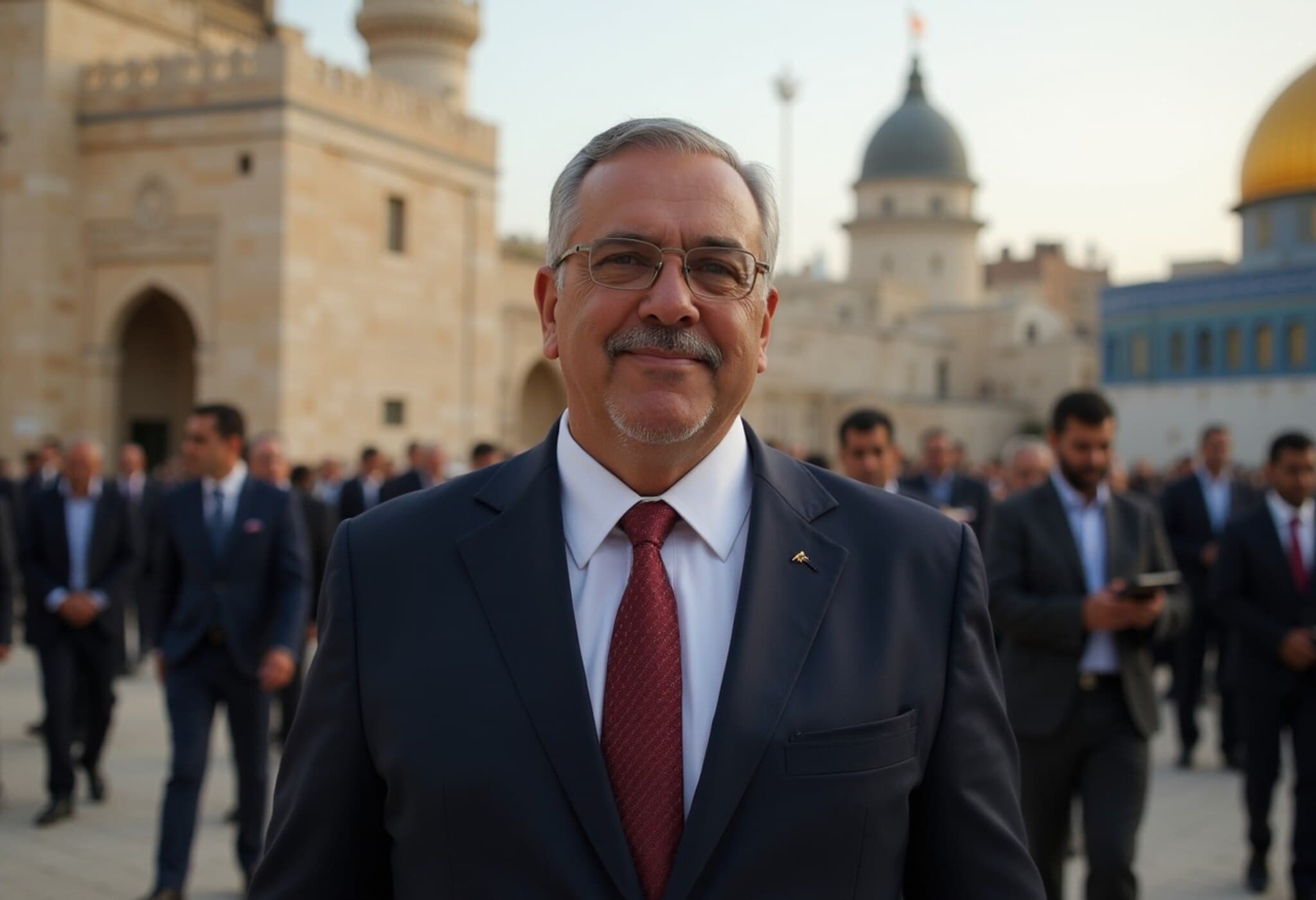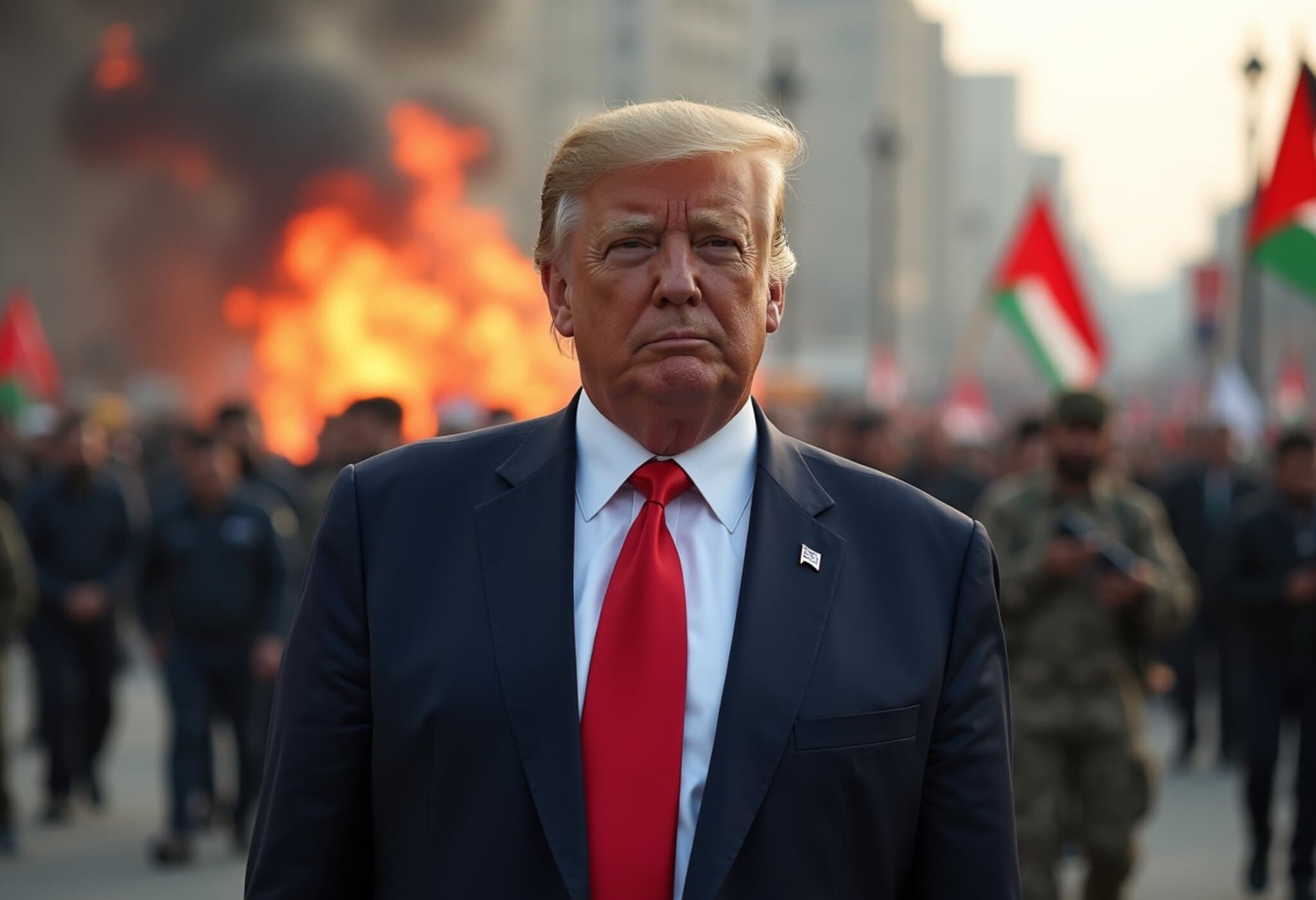Trump Rejects 'Genocide' Label Amid Israel-Gaza Conflict
In a statement that stirred international debate, former US President Donald Trump described the ongoing conflict between Israel and Gaza not as a genocide, but as "a war." Speaking to reporters before boarding Air Force One in Allentown, Pennsylvania, Trump stressed that while "some horrible things happened" since the Hamas attack on October 7, 2023, the nature of the conflict should not be misconstrued.
Emphasis on Humanitarian Aid
Trump expressed his desire to ensure civilians in Gaza receive necessary food supplies, asserting that the United States is currently the only nation truly supporting such efforts. "We want the people fed — and we're the only country that’s really doing that," he said. "We’re putting up money to get the people fed… We want Israel to get them fed. We don’t want people to starve, and there’s some bad things happening."
The Complex Humanitarian Crisis in Gaza
This conflict has precipitated a dire humanitarian emergency, with images of starving children and devastated communities emerging worldwide. The United Nations has recently spotlighted the dangers faced by civilians attempting to receive aid. Specifically, the UN criticized the Gaza Humanitarian Foundation (GHF), stating that its aid distribution points have unintentionally put civilians at risk. Since GHF started operations in Gaza in May, over 1,000 individuals trying to access aid at these sites have reportedly been killed, most allegedly by Israeli forces near these locations.
US Diplomatic Engagements
On August 1, US envoy Robert Witkoff made a historic visit to Gaza — the first by a senior US official since the war began. His mission was to assess the deteriorating humanitarian situation firsthand and collaborate on plans to supply food and medical aid to Palestinians in need. This visit followed meetings with Israeli Prime Minister Benjamin Netanyahu, underscoring Washington’s delicate balancing act between supporting Israel and addressing humanitarian concerns in Gaza.
Voices for Peace: Israeli Military Leaders Call for Ceasefire
Tensions within Israel are also palpable. More than a dozen former senior Israeli military officials have publicly urged for an immediate end to hostilities in Gaza. In a striking joint video statement, they contended that prolonged fighting is more a product of political inertia than military necessity. These veterans argue the war could have concluded earlier and are calling for a permanent ceasefire agreement that includes the release of hostages still held captive. Their intervention reflects growing war-weariness among segments of Israeli society and a desire to prioritize lasting peace.
Contextual Insights and Underreported Angles
Trump’s framing of the conflict as a “war” rather than genocide is significant when assessing international responsibility and legal definitions. The term 'genocide' bears heavy legal and moral weight under international law — impacting potential interventions and diplomatic relations. His remarks reveal the complex interplay between political rhetoric, humanitarian advocacy, and public perception.
Moreover, despite pledges of US aid, the actual delivery of food and medical supplies has faced persistent logistical and security challenges. The ongoing violence complicates efforts to protect aid convoys and ensure equitable distribution, calling into question how much aid is truly reaching those in desperate need. Additionally, the insistence by former Israeli military leaders on a ceasefire introduces a critical, often underreported, internal dynamic shaping the future of this conflict.
What Lies Ahead?
- Will international pressure reshape US policy towards Gaza’s humanitarian crisis?
- How might the calls for ceasefire by Israeli military veterans influence political decision-making?
- What mechanisms can ensure safer aid delivery amidst ongoing hostilities?
- How will the evolution of language used by influential global figures like Trump affect diplomatic negotiations?
Editor’s Note
The Israel-Gaza conflict, marked by a complex web of military, political, and humanitarian challenges, defies simplistic categorization. Donald Trump’s refusal to label the conflict as genocide underscores the ongoing global debate on terminology and responsibility. As humanitarian conditions worsen, US aid plays a pivotal role but remains fraught with obstacles. Simultaneously, voices from within Israel call for peace and a strategic reassessment. Readers are invited to reflect on the multiple dimensions of this crisis and the profound human cost at its core.

